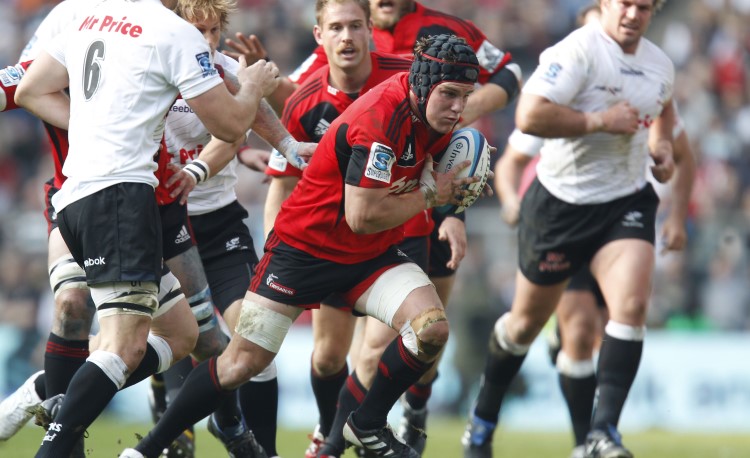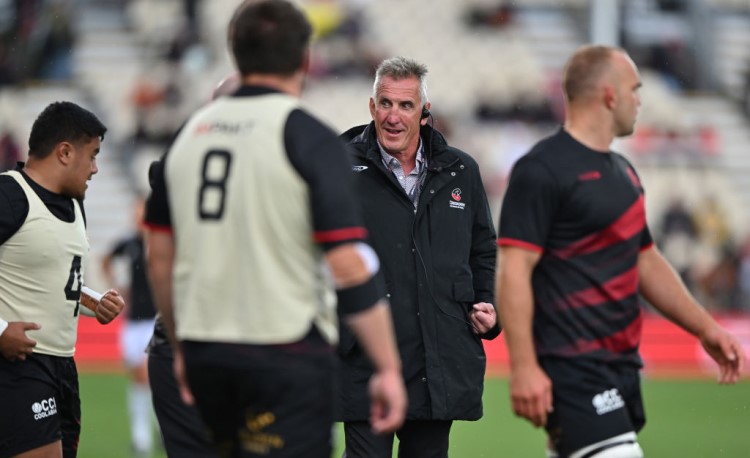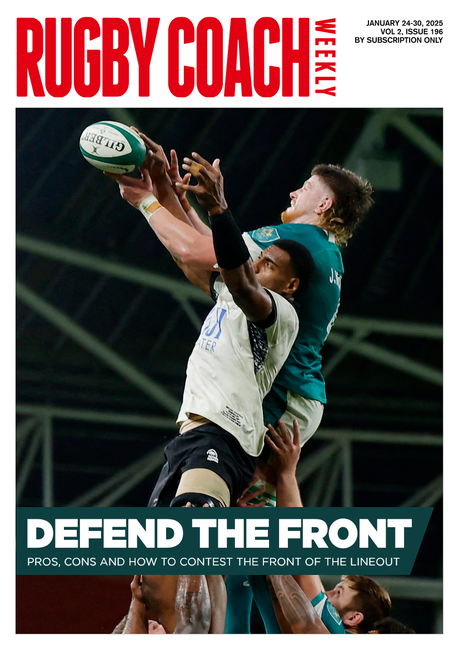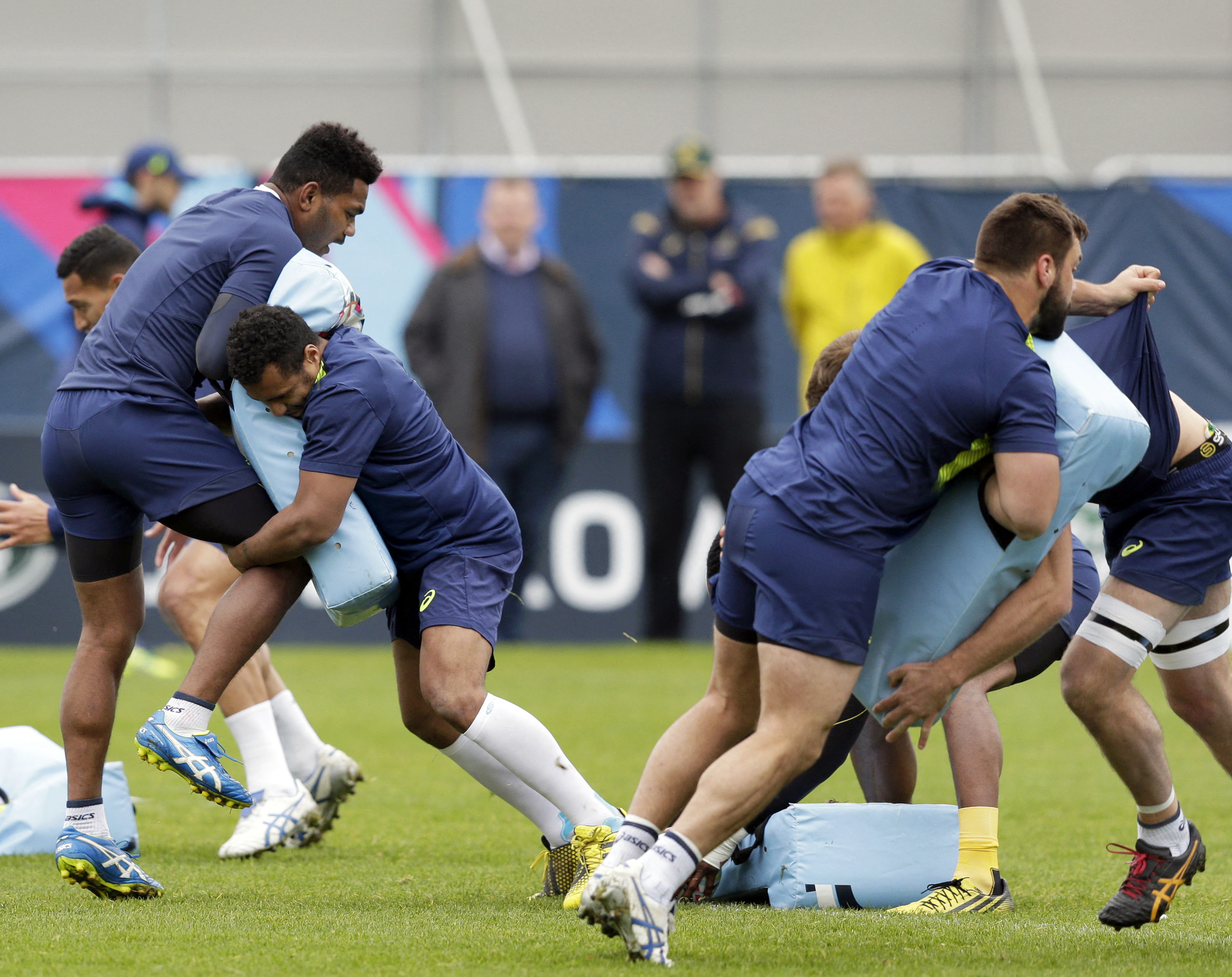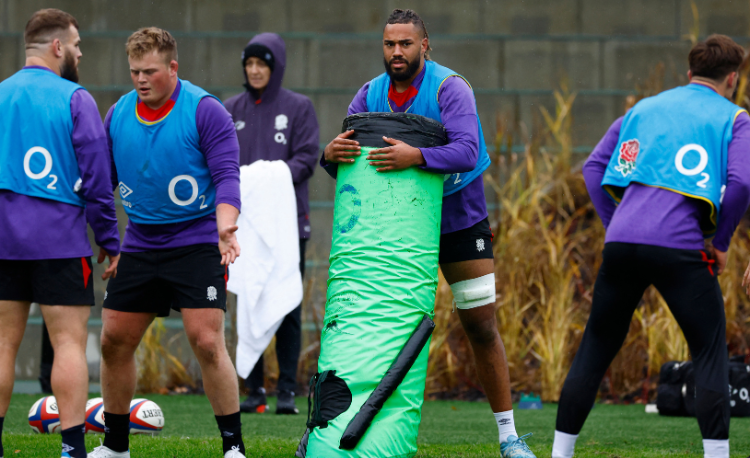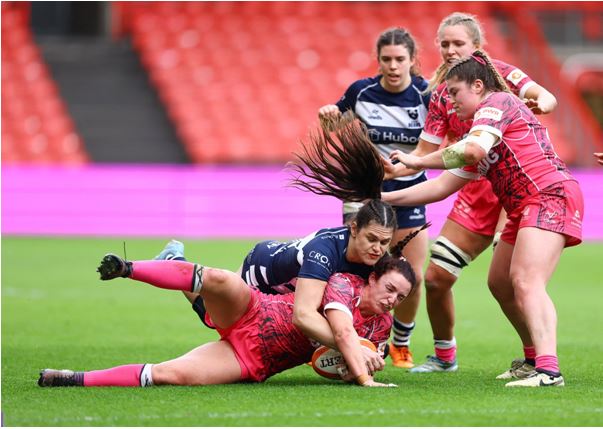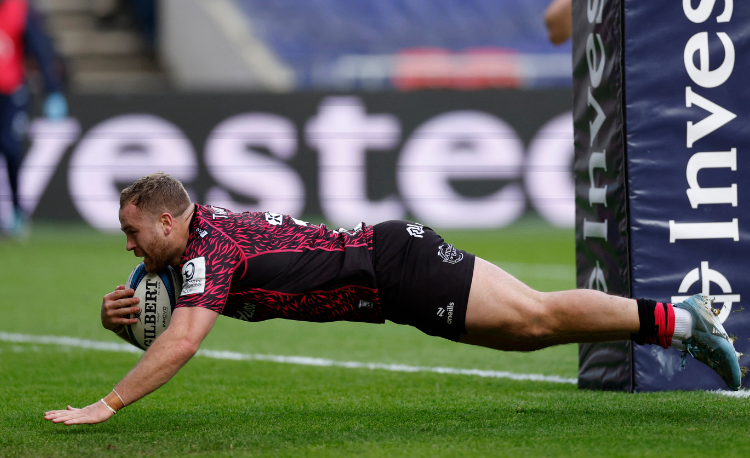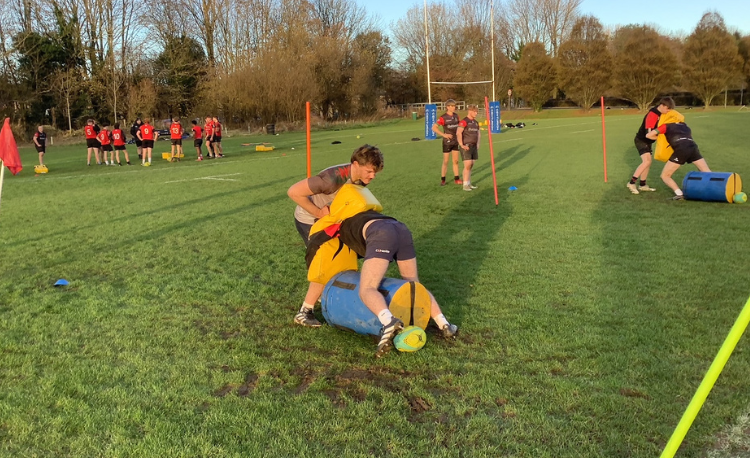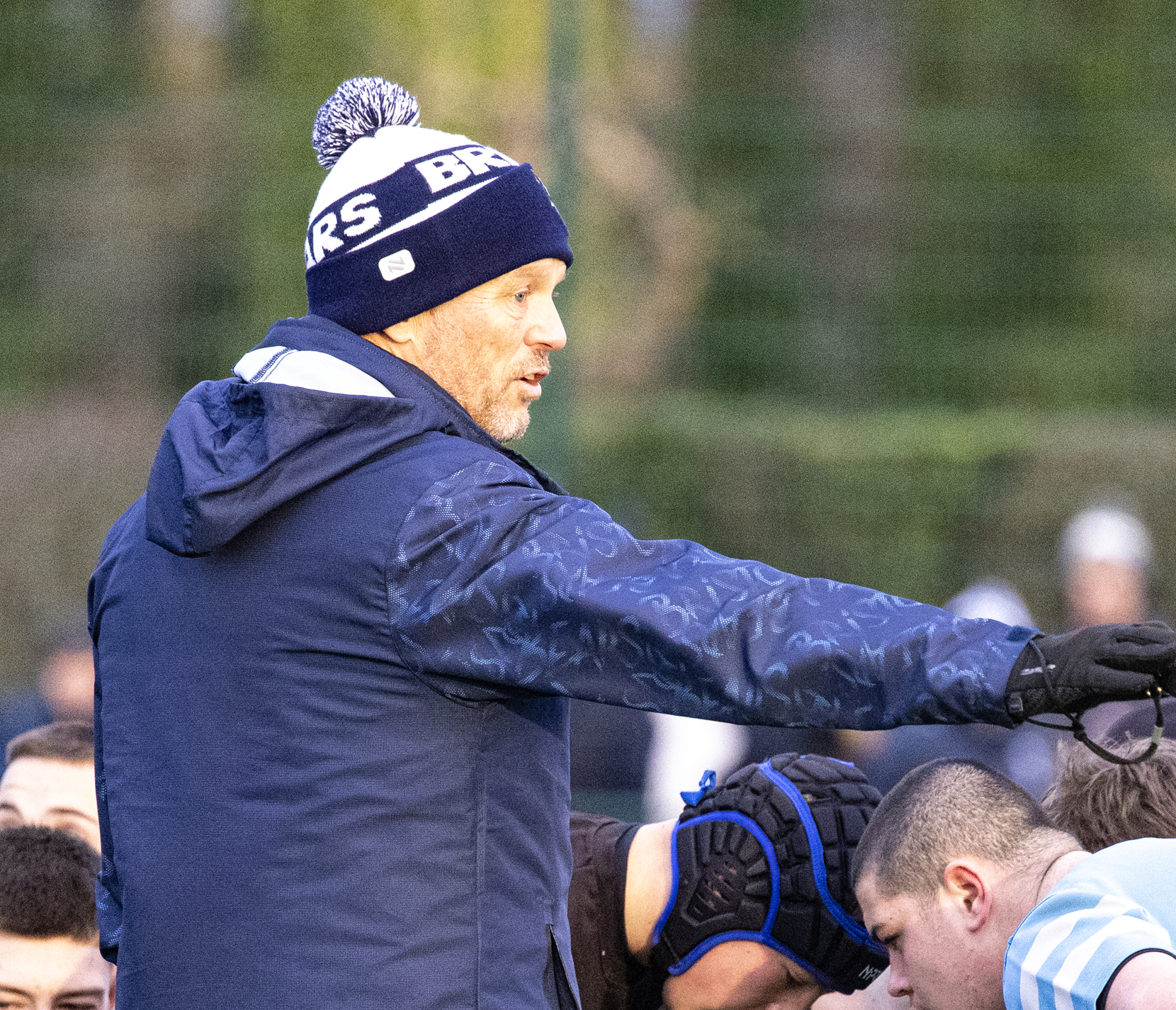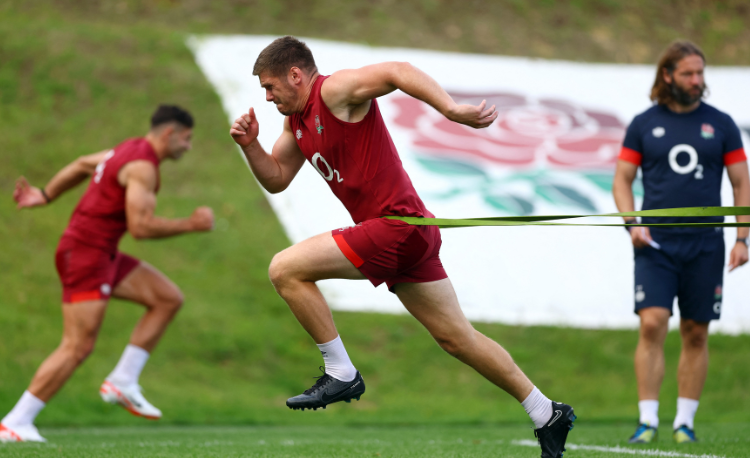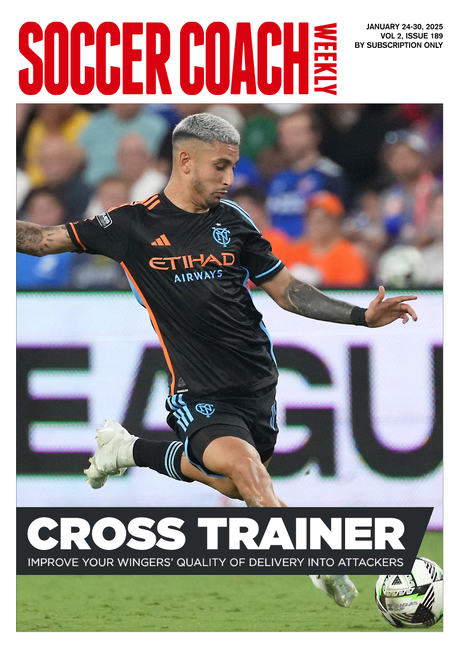Get the balance right
Effective training is as much about moving players’ development forward as it is fixing issues from the last match. By Wales U20s coach RICHARD WHIFFIN.
Every game, whatever the result, is an opportunity to learn and improve.
In any performance, there will be aspects of your game you can improve on, known as ‘work-ons’.
However, make sure you get the balance right between tweaking areas of your game and developing your game model. This is vital for maintaining an improvement in performance throughout a season.
PROS of focusing on ’work-ons’
A poor aspect of performance in a game will need attention. Focus training in the following week to improve the individuals’ and team’s confidence in this area.
If the error is system-based, then focusing on fixing it will, firstly, plug the gap the next opposition would target and, secondly, grow confidence in the system for it to be utilised in the next game.
If the ’work-on’ is for an individual, then time should be given to the player to train in that area of the game.
You should block out a period of time for players to work on their IDPs (Individual Development Plans).
Encourage players to take control of their IDPs and use the spare training time in the week (before warm-ups, after training or in designated IDP windows) to gain repetitions in their desired skill.
CONS of focusing on ’work-ons’
Focusing too much on ’work-ons’ from a poor performance can impede the speed at which your team can develop their game model.
Periodising game-model development is a great way to ensure that you are consistently improving the team’s development.
Using monthly blocks, and focusing on developing specific areas of your game, can ensure that, over the course of a season, your whole game model has improved.
Often, just focusing on areas that didn’t work the previous week can lead to a constant cycle of fixing, rather than a planned periodised block of development.
A BALANCED approach
A high-performance program should provide a training week with time allocated to cover ’work-ons’ and periodised development windows to improve performance.
Opposition teams will target system errors or individual mistakes, which is why training time is vital to improve or fix errors in team or individual performance.
However, to ensure your team develops through the year, it is vital to use periodised development windows in the training week.
Example of a Day 1 training session targeting both development tools:
Analysis Meeting
- Review (25 mins)
- Positives
- ’Work-ons’
- Positive non-negotiables (e.g., work-rate clips)
Training
- 10 mins: Individual warm-up
- 10 mins: IDP (low-level skill work)
- 5 mins: Team warm-up (high-speed work)
- 15 mins: Periodised team development (e.g., shape attack)
- 10 mins: Team ’work-on’/fix-up (e.g., restart receive pods & exits)
- 20 mins – Team install (e.g., plays/focuses both sides of ball)
EXAMPLE OF AN INDIVIDUAL DEVELOPMENT PLAN (IDP)
An IDP for a rugby player typically includes the following components:
- Player profile: Comprehensive overview of the player’s current skillset, strengths and areas in which they can improve.
- Short-term goals: Specific, measurable, attainable, relevant and time-bound (SMART) objectives for the upcoming season or year.
- Long-term goals: Aspirations for the player’s career over the next few years, including potential positions or levels they aim to reach.
- Skill development: Detailed plan for enhancing specific skills, such as passing, tackling or strategic play.
- Physical development: A fitness regime tailored to the player’s positional and individual needs, focusing on strength, endurance and agility.
- Mental preparation: Strategies for building and maintaining a player’s mental resilience, focus and game awareness.
- Nutrition and recovery: Guidelines for a balanced diet and adequate rest, to support intense training and match schedules.
- Monitoring and evaluation: Holding regular check-ins to assess progress towards goals and adjust the plan as necessary.
Related Files
Newsletter Sign Up
Coaches Testimonials

Gerald Kearney, Downtown Las Vegas Soccer Club

Paul Butler, Florida, USA

Rick Shields, Springboro, USA

Tony Green, Pierrefonds Titans, Quebec, Canada
Subscribe Today
Be a more effective, more successful rugby coach
In a recent survey 89% of subscribers said Rugby Coach Weekly makes them more confident, 91% said Rugby Coach Weekly makes them a more effective coach and 93% said Rugby Coach Weekly makes them more inspired.
Get Weekly Inspiration
All the latest techniques and approaches
Rugby Coach Weekly offers proven and easy to use rugby drills, coaching sessions, practice plans, small-sided games, warm-ups, training tips and advice.
We've been at the cutting edge of rugby coaching since we launched in 2005, creating resources for the grassroots youth coach, following best practice from around the world and insights from the professional game.

